Lawyers for Kilmar Abrego Garcia urged a Maryland judge Monday to reject the Trump administration’s bid to withhold information under national security claims, arguing senior officials, including President Donald Trump, have already compromised any potential harm.
In a new court filing, attorneys for Abrego Garcia argued that Trump and top officials have publicly opposed his return from a Salvadoran prison – despite court orders – citing remarks in testimony, interviews and on social media. The contradictions could weigh heavily Friday, when a federal judge considers next steps in the high-profile case.
"Plaintiffs have sought discovery to uncover the truth as to the Government's efforts (or lack thereof) as well as its abilities to facilitate Abrego Garcia's return – the essential issue in this case. Over and over, the Government has stonewalled Plaintiffs by asserting unsupported privileges – primarily state secrets and deliberative process – to withhold written discovery and to instruct witnesses not to answer even basic questions," lawyers for Abrego Garcia told U.S. District Judge Paula Xinis, who ordered his return to the U.S. last month.
"Even as the Government speaks freely about Abrego Garcia in public, in this litigation it insists on secrecy," they added.
FEDERAL JUDGE'S ORDER FOR TRUMP TO RETURN DEPORTED MIGRANT TEMPORARILY HALTED ON APPEAL
Their filing comes one month after the Supreme Court ordered the Trump administration to "facilitate" Abrego Garcia's return to the U.S., upholding the orders of the lower court judge.
Since then, the government and Abrego Garcia's attorneys have sparred in court over what exactly it means to "facilitate" his return. Trump officials have alleged Abrego Garcia is a member of the MS-13 gang, though any formal ties have not been proven.
Xinis ordered expedited discovery in April to determine whether the administration was complying with her directive to return Abrego Garcia to the U.S. On Tuesday, she also ordered the Trump administration to submit a previously requested privilege log related to its invocation of the state secrets privilege.
She gave the administration until 3 p.m. Tuesday to comply, warning that failure to file the log – or otherwise respond – would be considered an "intentional refusal" to follow the court's orders.
Last week, the Trump administration appears to have invoked both the state secrets and deliberative process privileges, according to a court order from Xinis. The order granted both parties an extra week to submit new filings on the asserted claims.
The state secrets privilege is a national security tool that allows the government to withhold certain information from the courts, so long as it can prove a "reasonable danger" to national security and foreign affairs as a result of the information being made public.
Lawyers for Abrego Garcia told the court that the administration's assertion of state secrets privileges is just another attempt by senior Trump administration officials to "stonewall" the return of their client, who was deported in March due to what administration officials acknowledged was an administrative error.
100 DAYS OF INJUNCTIONS, TRIALS AND 'TEFLON DON': TRUMP SECOND TERM MEETS ITS BIGGEST TESTS IN COURT
Abrego Garcia's attorneys on Monday pointed to public remarks made by Attorney General Pam Bondi, Secretary of State Marco Rubio, Homeland Security Secretary Kristi Noem and President Donald Trump stating they do not plan to return Abrego Garcia. These statements, they said, undercut any invocations of privilege in court.
"Over and over again, official statements by the Government – in congressional testimony, television interviews and social media – confirm that producing this information would not imperil national security," lawyers for Abrego Garcia told Judge Xinis on Monday, urging her to consider the administration's decision to invoke state secrets privilege with a careful and "skeptical" eye.
"On its face, there is little reason to believe that compliance with a court order to facilitate the release and return of a single mistakenly removed individual so that he can get his day in court implicates state secrets at all," they said.
The Trump administration, meanwhile, told the court that it had already provided Abrego Garcia's attorneys with "robust" responses to discovery requests ordered by Judge Xinis last month, noting Monday that granting the new requests for additional information or supplemental documents "would not advance any legitimate end of expedited discovery."
This isn't the first time the Trump administration has attempted to use state secrets privileges to shield against sharing certain information in court.
In March, the Trump administration told U.S. District Judge James Boasberg it was invoking the state secrets privilege in a case challenging its early deportations under the Alien Enemies Act, after repeatedly refusing to provide the court details about those flights.
Administration lawyers declined to disclose how many individuals were deported "solely on the basis" of the act, where the planes landed, what time they departed, and from which locations, citing national security concerns. (The case is now pending before the Supreme Court.)
It’s not the first time comments from senior Cabinet officials have intensified scrutiny of the government’s legal arguments.
Last week, Boasberg pressed Justice Department attorneys in a related case brought by a broader class of plaintiffs, citing public remarks by Trump and Noem about CECOT – the maximum-security prison in El Salvador where the U.S. has deported hundreds of migrants. He also questioned DOJ lawyers about the White House’s role in securing prisoner releases.
"Is the president not telling the truth?" Boasberg asked Justice Department lawyer Abhishek Kambli during the hearing. "Or could he secure his release?"
On Monday, Abrego Garcia’s lawyers argued there’s little evidence to justify the Trump administration’s use of the privilege, noting no military or intelligence operations are at issue. They wrote it "defies reason to imagine that the United States’ relationship with El Salvador would be endangered by any effort to seek the return of a wrongfully deported person who the Government admits never should have been removed to El Salvador in the first place."
Xinis will hear from both sides at a status conference scheduled for Friday afternoon in Greenbelt, Maryland.
.png)
 4 hours ago
1
4 hours ago
1


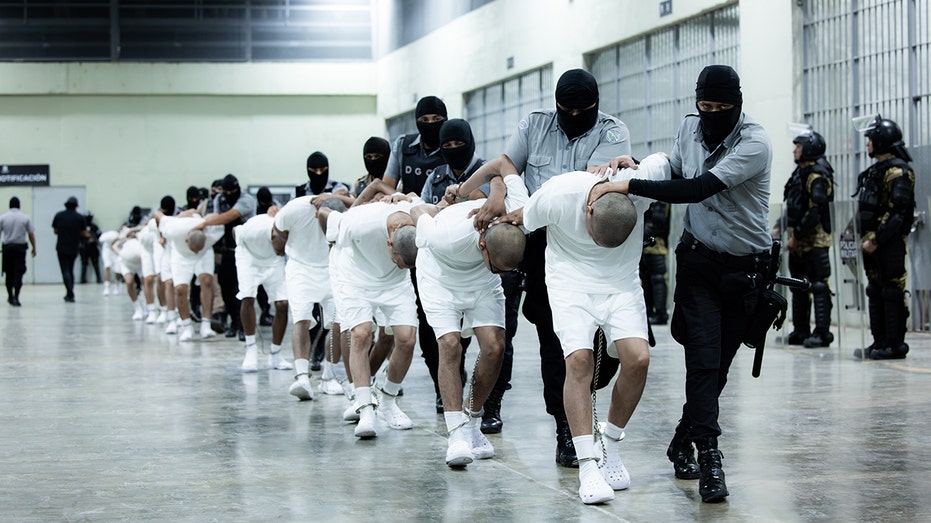

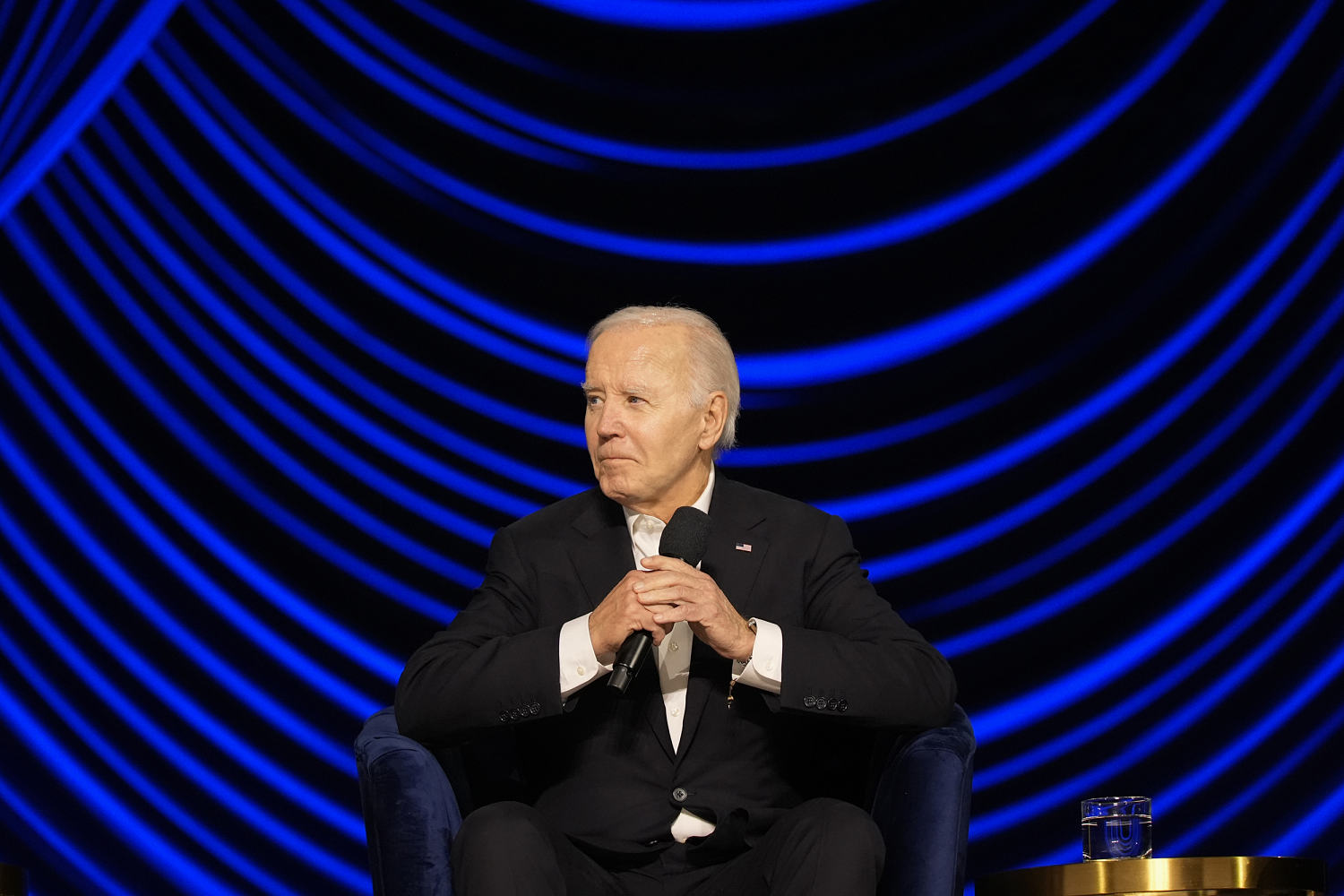
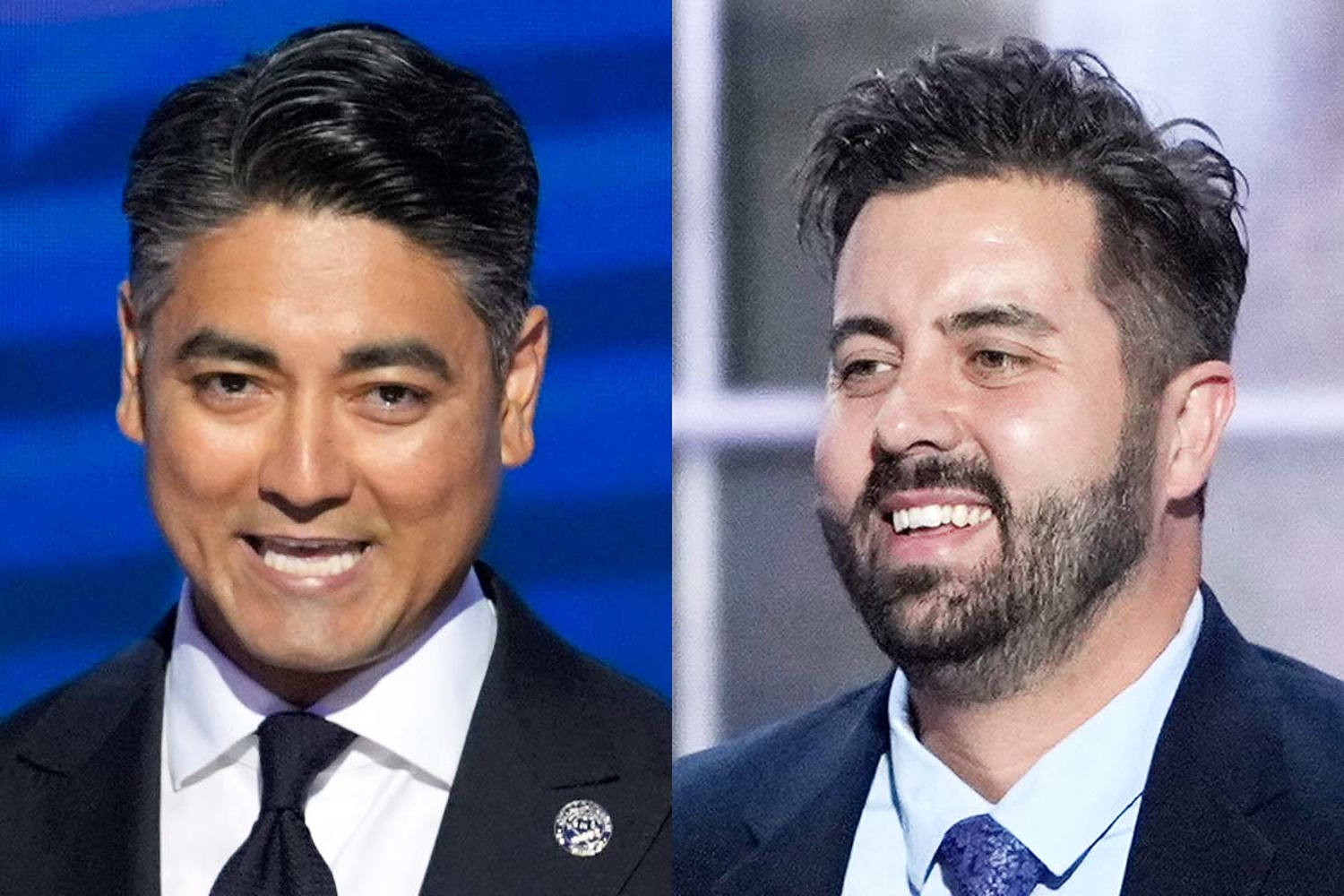


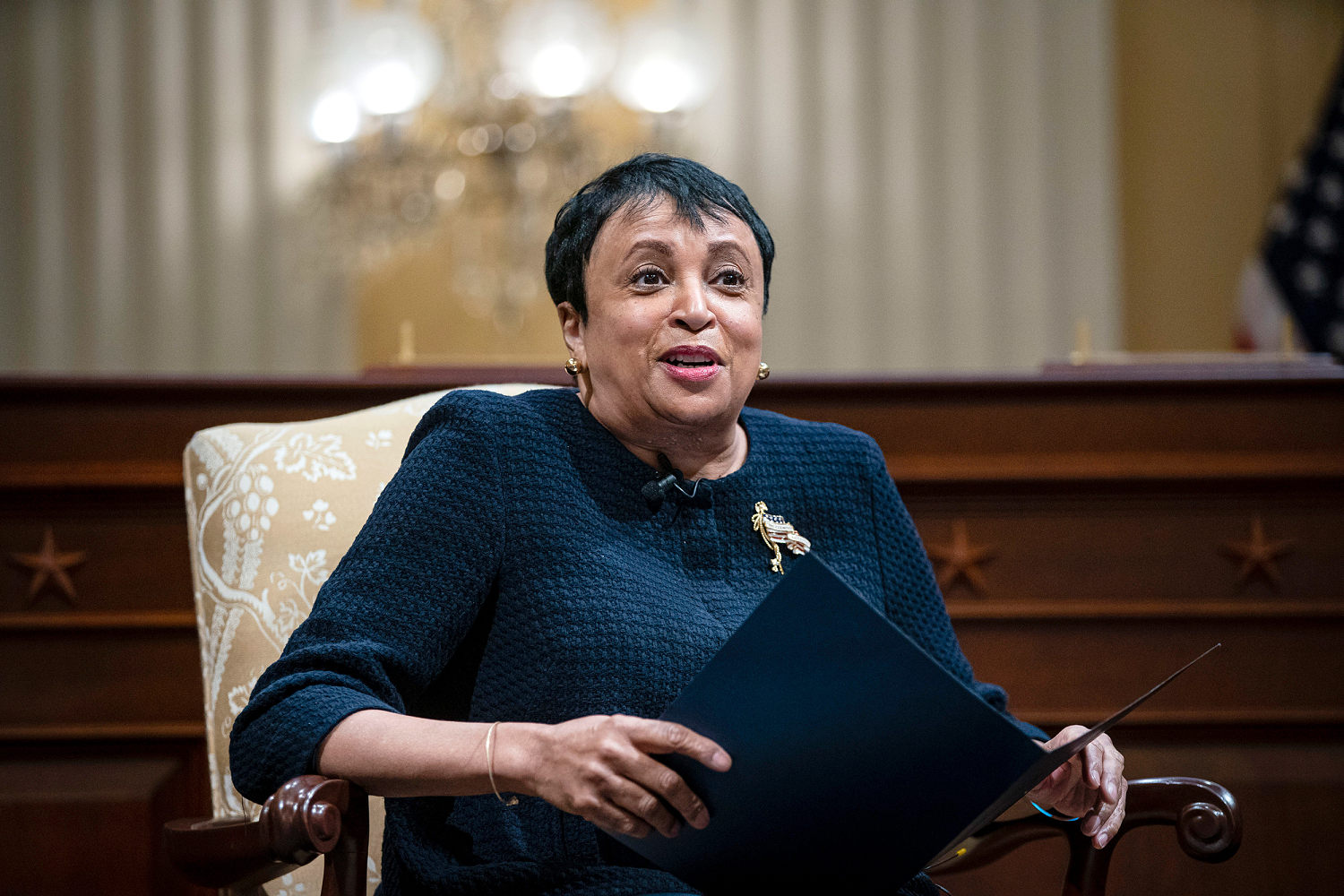
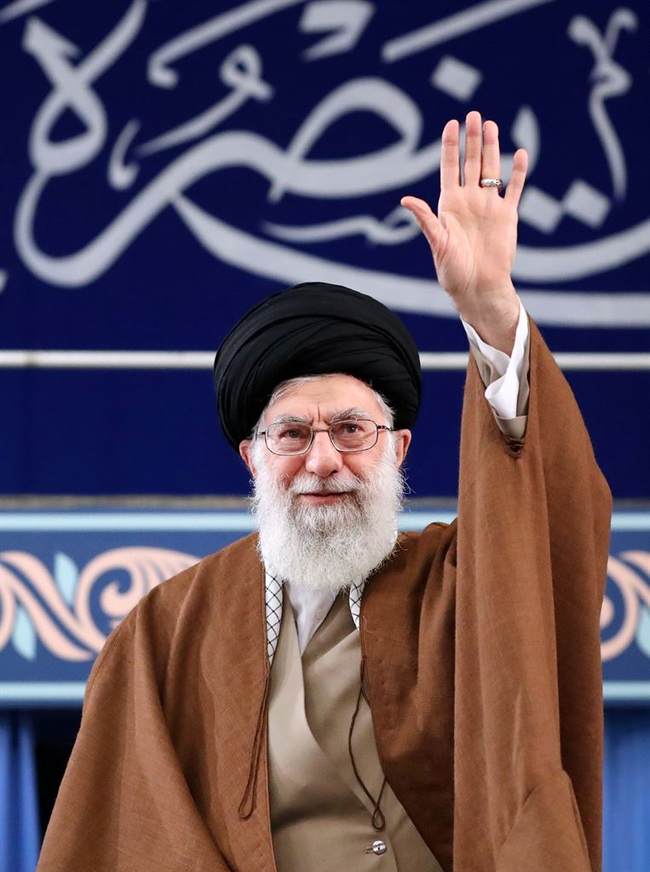
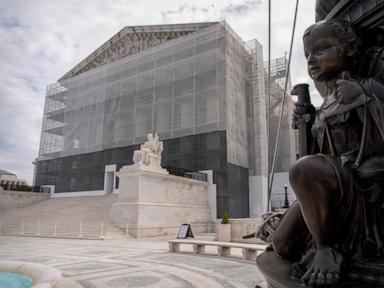

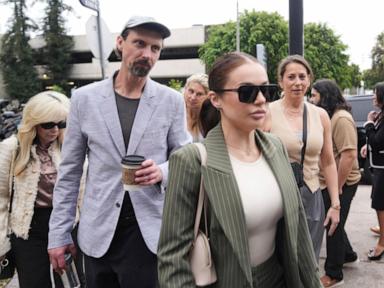

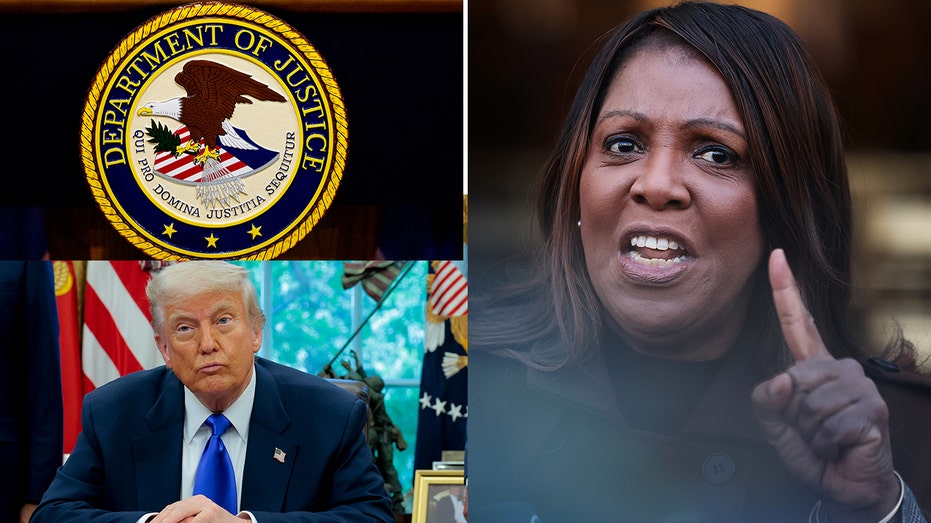
 English (US)
English (US)